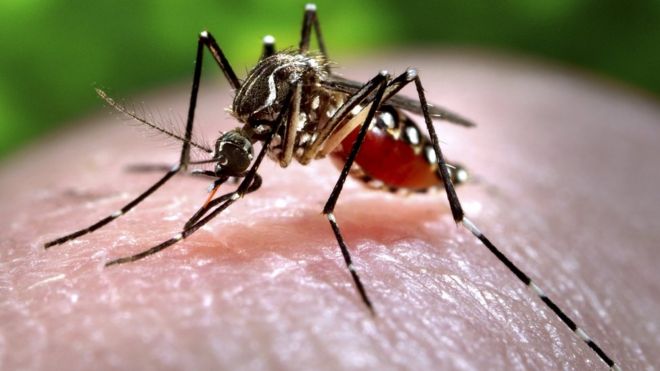
This blood sucker might not be your great friend, however it loves you.
The mosquito, Aedes aegypti, is inflicting extensive fear in Brazil wherein it is spreading the Zika virus that has been related to lots of infants being born with beginning defects.
So what can we understand approximately it?
grey line
It loves our cities
This isn’t some jungle-residing insect that not often comes into contact with people.
it is one of these animals, like cockroaches, pigeons and urban foxes, that thrives in built-up areas.
It does now not want natural water sources to reproduce as it can lay eggs in the small and considerable pools of stagnant water, such as gutters or flower pots, determined in cities .
towns like Singapore have massive troubles with the mosquito.
Prof Uriel Kitron, from Emory university, said: “Aegypti is simply adapted nicely for urban regions.
“it is turning into an increasing number of of an urbanised global and aegypti flourishes – Brazil is an intense instance going from 20% to eighty% city in 70 years.”
there is additionally lots of meals – us.
Zika is presently getting all the attention, however Aedes aegypti has long been called the yellow fever mosquito.
Yellow fever is a viral ailment which could reason jaundice, bleeding and more than one organ failure in some cases.
And 390 million people are inflamed with the dengue virus each yr, largely due to bites from Aedes aegypti.
Chikungunya, any other virus inflicting alarm because it expands round the world, is likewise spread via the insects.
They do it by means of biting a person who is inflamed and then biting a person else.
each the male and lady mosquitoes feed off plant nectar. however, the females need a blood meal a good way to produce eggs.
traits make them especially right at spreading sickness.
First they feed nearly exclusively on humans, so in the event that they pick up a ailment from one individual, they’re probable to bypass it on with their subsequent chew.
different mosquitoes are less green spreaders as they feed off a diffusion of animals.
those unique blood suckers also drink little and often.
in place of gorge their complete meal from one man or woman and strolling the hazard of being swatted they graze from multiple human beings making it less complicated to unfold disorder.
they may be also lively for the duration of the day so bed nets are less powerful.
they are superb hitch-hikers, however they may be lousy flyers,” argues Prof Kitron.
The mosquitoes that carry malaria can fly for miles, but Aedes aegypti is quite lazy by contrast.
It remains near the location where it turned into born and 100m is a long way for it to fly.
Prof Kitron says: “but they may be precise at catching rides, their whole life cycle can take place inside the water in a ship.”
So regardless of its brief flying distances it has managed to overcome the sector.
gray line
It has a cousin that might convey Zika to Europe
Aedes aegypti lives in tropical and subtropical climates – it’s miles why professionals are worried Zika could unfold across the Americas, a large swathe of Africa as well as India and China.
however, the same Aedes albopictus – or Asian Tiger mosquito – likes cooler more temperate regions.
Out of Africa
Aedes aegypti exists in bureaucracy or sub-species.
Aedes aegypti formosus is the original kind located in Africa, which does now not regularly come into touch with human beings and isn’t always a first-rate spreader of disease.
Aedes aegypti aegypti is the shape that has spread round the world.
It possibly arrived in the Americas from Africa after being transported around the ocean within the ships of european colonisers.
“Yellow fever outbreaks have been regarded in Africa from around 1400 and the primary confirmed cases, from the Yucatan, have been documented in 1648,” Dr Michael Bonsall from Oxford college said.
it is now observed at some stage in tropical and subtropical areas around the globe.
Eradication campaigns were a success inside the Americas with 18 nations doing away with the insect by means of 1962.
but insecticide resistance plus a lack of political will caused the mosquito rebounding.
but now some distance extra humans live in its preferred urban home and a similar fulfillment would require a huge attempt.









